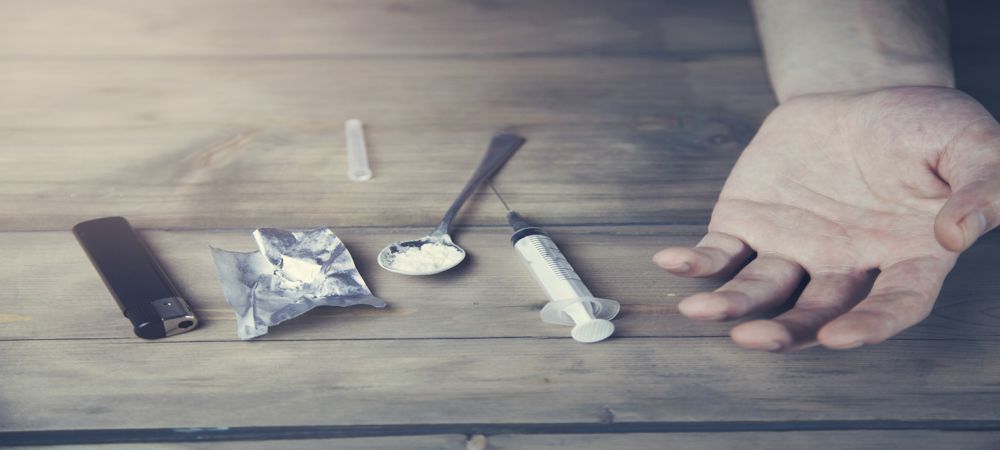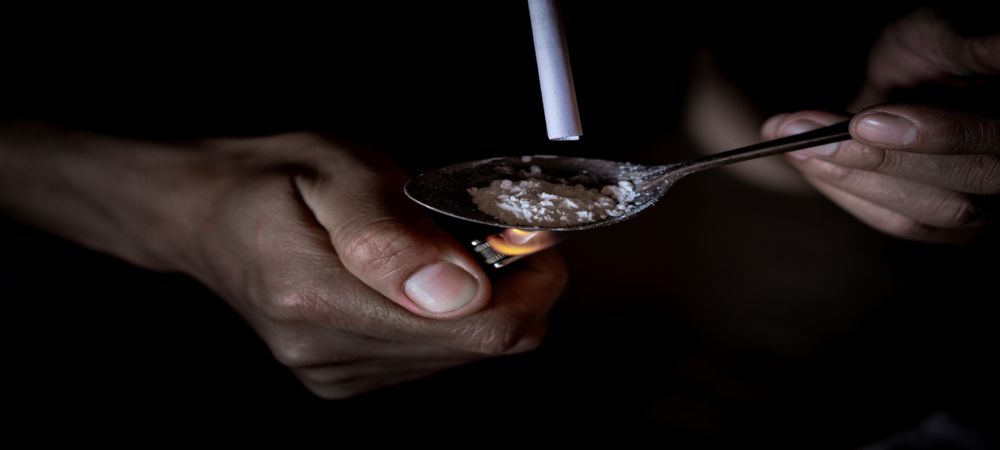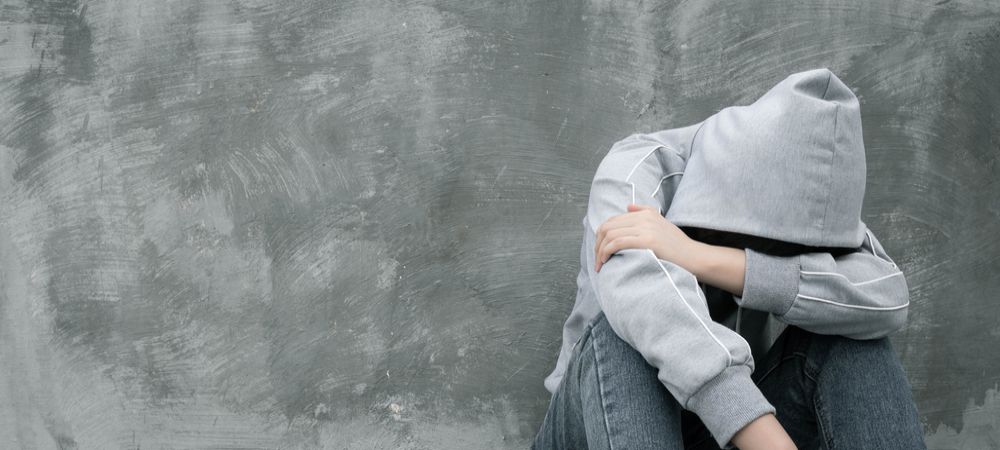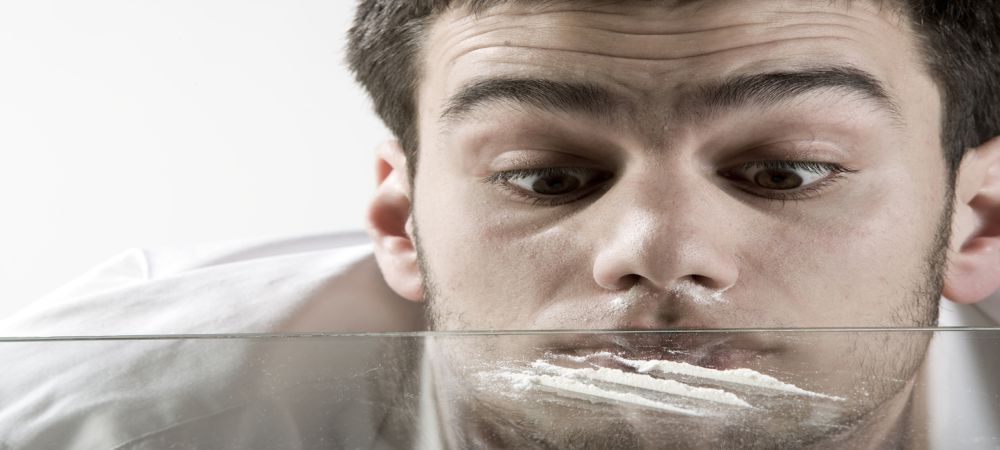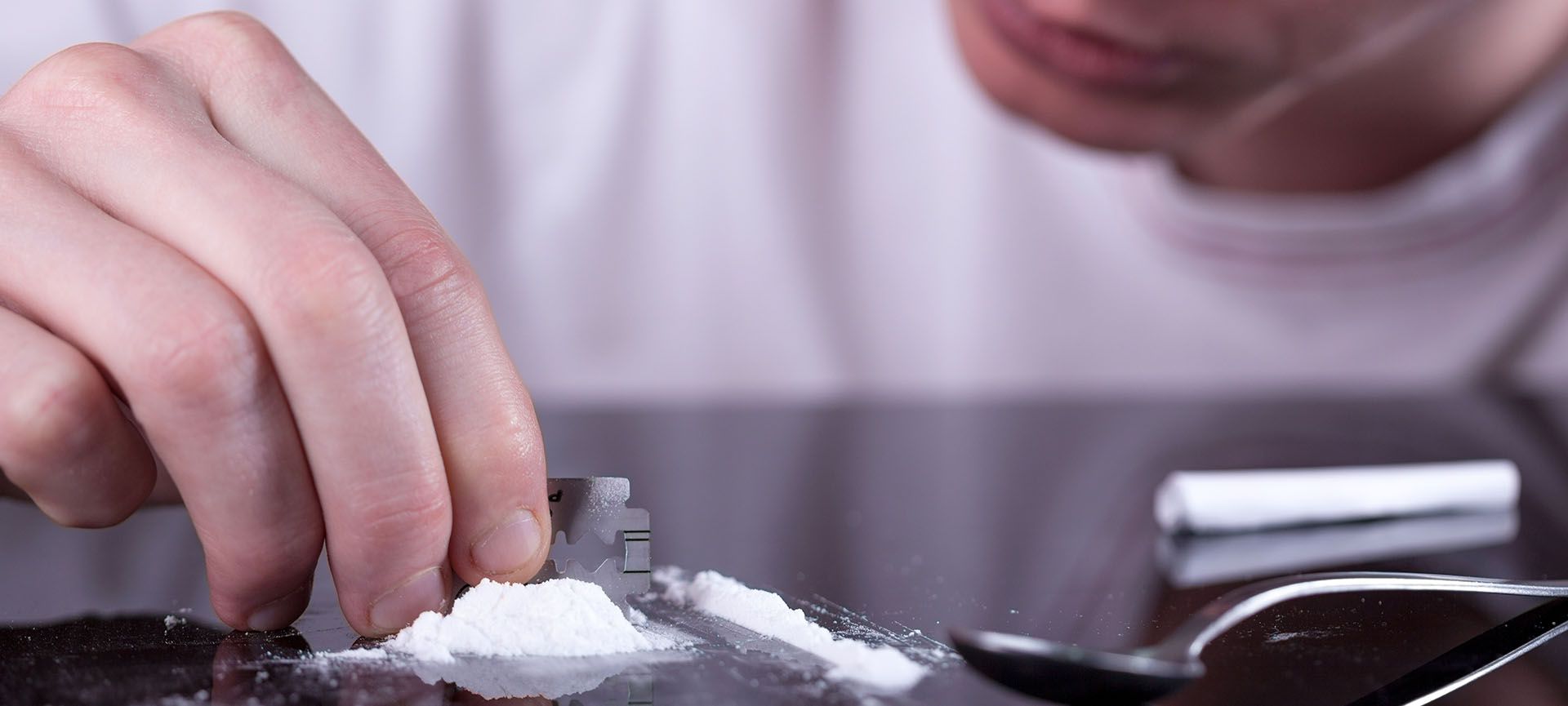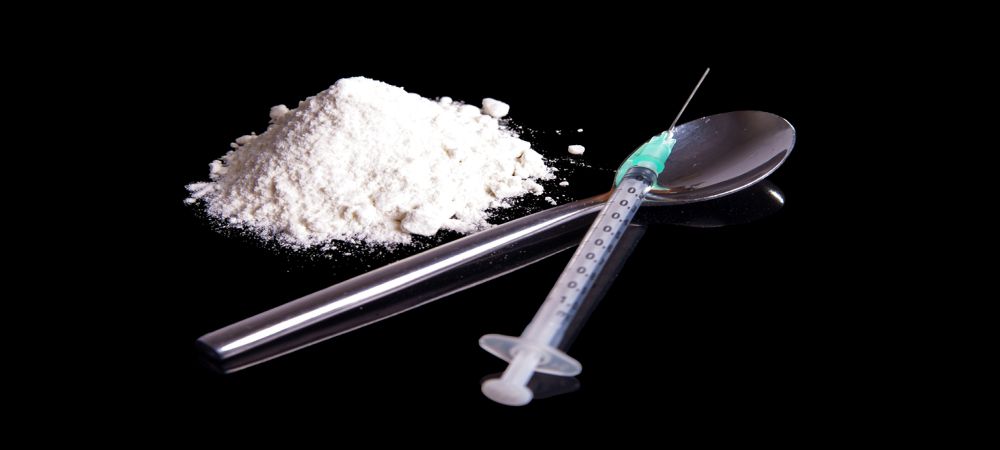
Why You Should Not Attempt Cocaine Withdrawal On Your Own
The truth is, cocaine detox can occur in several settings. It can happen at home or in a professional medical detox spa. While it may be tempting to attempt cocaine withdrawal on your own, it may be risky to do it alone. In fact, in most cases, this simple act can be disastrous or even deadly.
Usually, the cocaine withdrawal process may not be physically painful; however, it often comes with preset challenges. Addiction to any drug, including cocaine, will get your system overly dependent on the drug’s effects. As your body tries to adjust to living without it, you’ll experience several different mental and physical effects.
The process where your body decides to adapt to proper functioning without cocaine is known as withdrawal. Your body begins the withdrawal process once there is no more intake substance. Typically, the timeline for cocaine withdrawal starts from a few hours after the last dose.
People who undergo cocaine detox and withdrawal may usually experience a more painful process and dangerous side effects. Most times, you may exhibit an intense slew of psychological and physical side effects. In the same vein, you will have to deal with the cravings that come with this period. So, if you attempt cocaine withdrawal on your own, there’s a high chance of going back to using the substance again.
This is because you’re in your comfort zone with no supervision from a medical professional. As a result, you will find it easy to relapse in a bid to alleviate withdrawal symptoms and cravings. Furthermore, people with accessory substance abuse disorders may start using other substances while trying to quit cocaine.
Additionally, most people may even abuse alcohol to reduce some of the withdrawal symptoms and side-effects. However, if you attempt to quit cocaine in a medical detox facility, these risks are significantly reduced.
This and many more are the reasons why you should not undergo cocaine withdrawal at home. That is the crux of our discussion in this blog. Here, we will discuss why self cocaine withdrawal is not safe. To further buttress home the point, we will also explore the dangers of self-detox at home.
What is Cocaine Withdrawal?
Generally, withdrawal from cocaine is a condition that starts the moment your drug-dependence ends or reduces drastically. You see, physical dependence increases as your body adapts to the cocaine in your system.
Through this adaptation, your brain will start asking for cocaine to function well and feel normal again. The moment it doesn’t get the substance at the desired level, withdrawal symptoms will commence.
So, cocaine withdrawal is simply a condition describing when a patient stops the use of the substance. At this stage, the production of dopamine often occurs in your brain due to the presence of cocaine. As a result, without cocaine, you will find it difficult to produce this feel-good hormone. This has a spiral effect that manifests in the form of different physical symptoms.
In general, withdrawal from cocaine isn’t as critical as that of alcohol or other drugs. Some substances cause perhaps more deadly effects during the withdrawal and detox process. As a result, we can say that cocaine withdrawal symptoms aren’t life-threatening.
However, physical health difficulties may show up if you used to abuse cocaine along with alcohol. Withdrawal after such a lifestyle may pose a risk to your heart. In some cases, it’s possible to experience seizures during cocaine withdrawal.
If alcohol isn’t a factor, you may develop some depression symptoms like low motivation, energy, or moods during cocaine withdrawal. In rare cases, people may suffer from suicidal ideations during cocaine withdrawal. These are the reasons why addicts going through cocaine withdrawal require support and monitoring during detox. Nearly half of the people who use cocaine suffer from depression. As a result, this side effect may become intense during withdrawal.
Why You Should Not Attempt Cocaine Withdrawal on Your Own
Lately, at-home cocaine withdrawal has been championed as a normal concept. Perhaps, this is due to the slight misrepresentation of the detox process in today’s media.
Detox is arguably one of the most popular topics in our society today. In fact, with all the daily adverts online, prints, and television, you may think detoxing is an easy-peasy process with no side-effects. This rampant notion is both wrong and misleading.
Firstly, the variety of detox products available in the market makes it seem like any form of detox is perfectly okay. However, the reverse is the case when it comes to real-life. For each person, the detox process is different. It is not like going on pills, liquid-formula or other regimen designed to remove the food toxins in the body.
You don’t just want to do a colon cleanse or a DIY procedure to drop excess water or body weight. It’s better for anyone who wants to be free of substance dependence to pursue detoxification through a professional detox facility. There, you’ll get quality detox procedures and 24/7 supervision by medical experts.
Why Self Cocaine Withdrawal is Not Safe
Several detox needs can only be addressed entirely under the care of medical professionals. This is the major reason why you should not attempt cocaine withdrawal on your own. A medical-grade level of supervision and support is crucial if you’re trying to avoid the adverse effects of cocaine withdrawal. As mentioned, relapse is likely, and it can result in overdose and death.
You may not be ready to face the intensity of the symptoms, which can extend into both mental and physical health. Beyond vomiting and nausea, withdrawal can trigger potentially life-threatening conditions, such as seizures, delirium tremens, and cardiovascular problems.
For instance, as many as 30% of people detoxing without sedatives will have a grand mal seizure. Also, there is no way to predict who will experience this side effect. This is because the human body reacts to external substances differently. For you, the cocaine withdrawal process may have been an easy ride. But for others, it may be far more difficult.
Trying to attempt cocaine withdrawal on your own without proper treatment can also negatively affect your mental health, resulting in:
- Irritability and anger
- Hopelessness
- Hallucinations
- Suicidal thoughts and depression
- Paranoia and delusional thinking
- Anxiety
Some of these psychological health symptoms can be so severe that it may threaten you. Sometimes, it can cause potential harm to you or the people around you. This another factor that makes the DIY cocaine withdrawal method very problematic.
Again, the withdrawal symptoms depend on the severity of cocaine usage, as well as your mental and physical health. This is why it is crucial to get a professional evaluation before you attempt cocaine withdrawal on your own.
What to Expect During Cocaine Withdrawal
When you get high on cocaine, you’ll experience a feeling of euphoria and a boost in your mood. These feelings are created by norepinephrine and dopamine.
At this point, the cocaine will make your brain produce these chemicals in abundance. As addiction goes on, your body adapts to the new development and waits to get cocaine before producing these hormones every time. So, once you quit, your body will experience low energy, motivation, well-being, and low mood. This is known as a crash.
Since the brain is not receiving the cocaine as usual again, it tends to “cause havoc”. Hence, you may experience the following:
- Anxiety
- Intense cravings
- Sleepiness
- Irritability
- Anhedonia etc.
Sometimes, you may become paranoid or suspicious during a crash. You may even suffer from depression or suicidal thoughts. All these are common cocaine withdrawal symptoms during this phase of cocaine withdrawal. However, long-term cocaine users are often at a higher risk of experiencing more severe symptoms.
These symptoms are why you should always go with professional cocaine detox and rehab services.
What Are Cocaine Withdrawal Symptoms?
Ultimately, we all have different experiences with drug withdrawal, including cocaine. However, some general symptoms are common with the withdrawal experience.
Here are some of them:
Fatigue
Tiredness or feeling very weak is a common symptom of cocaine withdrawal. Generally, you may feel exhausted naturally after the intoxicating effects of cocaine. Another factor that comes into play is your activities during the time you’re high on cocaine.
Cocaine can disguise the discomfort you often feel during hyperactive moments. However, this usually worsens the feelings of fatigue as the cocaine effects wear off.
Mood Swings
One of the most common symptoms of cocaine withdrawal is mood swings. This second, you’re feeling happy. The next moment, you’re sad and feeling angry unnecessarily. Also, some common symptoms of mood changes include:
- Anxiety
- Depression
- Sensitivity
Even though these feelings are usually intense during withdrawal, they often stop once you pass the withdrawal stage.
Cravings
Most individuals withdrawing from cocaine often experience a strong urge to take more cocaine. If you feel this way, it means you’re experiencing cocaine cravings.
Also, cravings are stimulated by the desire to subdue cocaine withdrawal symptoms. Besides that, it’s also driven by the urge to experience cocaine’s high pleasure again.
These cravings can be intense. In fact, they are a big part of why you should not attempt cocaine withdrawal at home. Without professional monitoring, it will be easy to succumb to your cravings.
Problems With Sleep
One of the difficulties you-) experience during the cocaine withdrawal process is sleeping problems. Despite the fatigue, cocaine withdrawal usually causes sleep problems. Some of the issues you may experience with difficult sleep include:
- Insomnia, i.e. having difficulty staying asleep or sleeping at all.
- Hypersomnia, i.e. having too much sleep.
Related article: Cocaine Addiction: The Signs and Symptoms
How Long Does Cocaine Withdrawal Take?
How long cocaine withdrawal takes vary depending on the individual’s:
- Body chemistry
- Tolerance level
- Severity of addiction
- The duration of the addiction.
Although intense, the effects of withdrawal aren’t permanent. The primary phase (crash) of cocaine withdrawal, can differ in intensity and time. Also, it can last from 24 hours to days.
However, like other drugs, cocaine cravings may persist for longer periods. Also, it can still come even after attaining sobriety. Notably, cocaine possesses nearly a short half-life, and cocaine withdrawal symptoms can start as early as 90 minutes after the last dose.
Typically, the cocaine withdrawal process can stretch for a long time. For some, it may only be a few weeks, while for others, it can go on for months. This timeline for cocaine withdrawal is divided into three stages:
Initial Phase
This is a very delicate phase. The time frame in this stage is a maximum of a couple of days. During this period, you may be suffering from intense cravings, weakness, pains and aches. This is one of the reasons why it’s not safe to attempt cocaine withdrawal on your own.
With DIY cocaine withdrawal, you will be short of help, supervision or support. The situation gets worse when you live alone or around people with little knowledge about addiction
Second Phase
At this stage, you’ll feel more relaxed than in the first stage. This stage of addiction withdrawal can last for as many as ten weeks. However, the cravings that come with this phase can also be very intense, just as the body’s general weakness.
Final Phase
Also known as the extinction phase, this final phase is a phase of increased vulnerability. The risk of relapse is high at this stage, especially when there is an exposure to triggers. At this stage, you need more support to keep going on.
However, most of these support systems are available at a professional cocaine detox facility. So, if you’re trying to attempt cocaine withdrawal on your own, then think about the challenges ahead.
Benefits of Choosing Medical Detox for Cocaine Withdrawal
Medical detox can help you safely withdraw from substances with minimal risk of complications. Symptoms like dehydration, increased blood pressure, and seizures can all be life-threatening if the withdrawal occurs outside of a controlled medical environment.
Medical cocaine detox allows you to recover from drug dependence while receiving medical care and supervision. Sometimes, it involves using medication that can relieve and reduce symptoms.
There are several benefits to choosing a medical detox program over attempting cocaine withdrawal on your own. Each one contributes to your sobriety goal and the eventual possibility of quitting cocaine forever.
Here are a few benefits of choosing a medical detox:
It Prevents Relapse
Relapse is a general concern among people recovering from addiction. Not only can it trigger medical and mental health problems. It can also lead to a cocaine overdose.
Going back to what you’ve stopped using, in this case — cocaine, can be risky. Most especially at a time when your body is vulnerable due to detox. In most cases, it can translate into potentially fatal medical problems.
Family Support
One of the topmost benefits of choosing a medical detox is “family support”. Well, it’s no news that getting positive support from loved ones — family and friends during recovery helps boost sobriety. It gives you the necessary positive mindset to stay focused and avoid situations that can trigger a relapse.
Also, your family or loved ones will benefit from the support of a professional detox program. They will learn what to do, what not to do, and how to be your stable support system during cocaine withdrawal. They can also learn about the nature of the addiction, what to expect, how the detox and recovery process works, etc.
Medical Stabilization
When you stop depending on cocaine or crack, usually, you will experience several withdrawal symptoms. In most cases, these withdrawal symptoms can be more difficult if you have underlying mental or physical health conditions. Also, severe and life-threatening acute life-threatening issues that require immediate medical attention may develop.
A professional medical detox program will be able to provide this crucial stabilization. Not just that, the process will also provide ongoing medical monitoring to ensure that you are safe at all times.
Furthermore, the detox centre can also provide medical regulation and changes, medical emergency care, treatment of underlying issues that may increase your safety risk, etc. All of these are reasons why it’s not ideal to attempt cocaine withdrawal on your own. For your overall safety, it’s better to choose medical detox today.
Peer Support
Other residents at a cocaine addiction treatment program can also provide a unique level of support. You don’t have to feel lonely or isolated. Going through your detox procedure at a professional detox centre gives you access to more people like you. People who are going through the same process you’re going through.
Hearing stories, learning from their mistakes and successes, and having someone to talk to when times get rough are all benefits of a professional cocaine detox centre. These people will understand you, hear you out, and you can form a good bond with friends you make there.
Aftercare
Cocaine withdrawal treatment programs often provide aftercare support and referrals. This ensures that you continue to have the ongoing recovery assistance you need to stay sober even after returning home.
For most people, this step in the recovery process is one of the most critical processes. Aftercare provides room for a successful beginning in sobriety to turn into a permanent future.
Make The Right Choice for Detox
Well, the severity of your cocaine addiction, as well as the type of substance used, will determine what type of detox is most appropriate for you. However, the many benefits of professional medical detox show that it’s a better option than to attempt cocaine withdrawal on your own.
Ultimately, detox is invaluable. However, it’s only regarded as the first element of substance abuse treatment. With proper medical detox, you’re opening the door to a thorough recovery journey and full sobriety with little or no faults at all.
Crack cocaine as well as cocaine are dangerous substances and highly addictive. They can destroy your physical and emotional health. Also, the lingering effects of cocaine abuse can increase your risk of suicide, self-harm, and depression. Don’t stop after detoxification and withdrawal — seek help today for cocaine addiction and abuse. Call 1000 Islands Addiction Rehab & Treatment Centre for addiction treatment programs.
Related article: The Harmful Effects Of Cocaine

